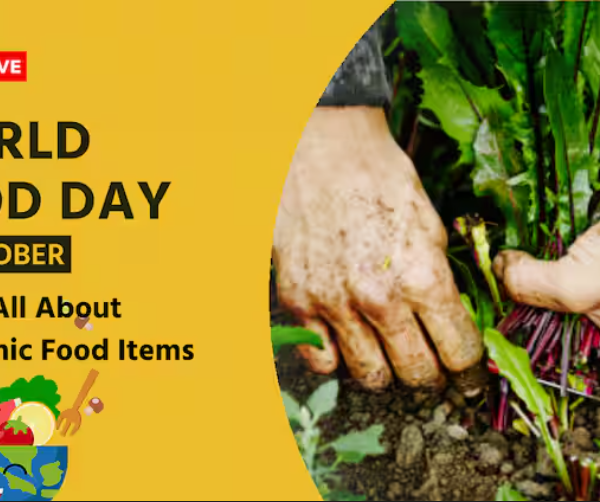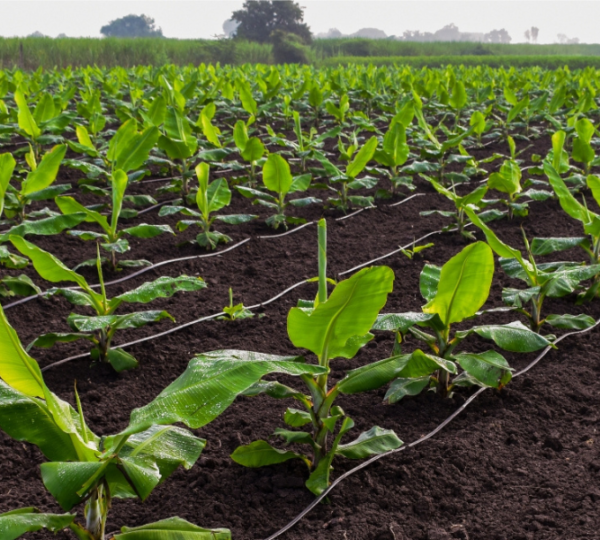Agriculture remains a vital sector, employing over 50% of India’s workforce and contributing approximately 15% to the country’s Gross Domestic Product (GDP). The sector’s resilience and growth are crucial for inclusive economic development and rural prosperity. Over the past decade, India’s budgetary allocations towards agriculture have shown a notable upward trend, reflecting the government’s recognition of agriculture as a cornerstone of economic stability and rural livelihoods. Beginning from modest allocations, the budget for agriculture has steadily increased, driven by the imperative to modernize farming practices, enhance productivity, and ensure food security amidst growing population pressures. Government data indicates that over this period, agricultural budget allocations have risen on average annually, underscoring a commitment to bolstering the sector’s resilience against climate change, improving irrigation infrastructure, and promoting sustainable farming practices. This sustained increase in budgetary support underscores India’s strategic focus on agricultural development as a pivotal component of its economic growth and welfare policies.
India’s economic landscape is poised for growth, bolstered by recent political stability and the government’s emphasis on the Make In India initiative. Among the sectors showing significant potential for expansion, agriculture and fruit exports stand out, driven by technological advancements yet facing critical challenges that require targeted budgetary interventions.
- Technological Advancements and Deployment Challenges
While the pace of technological advancements in agriculture and fruit cultivation has accelerated, widespread deployment remains a challenge. Many smallholder farmers struggle to access and afford modern technologies like precision agriculture and IoT solutions, limiting their ability to boost productivity and quality.

2. High Inflation and Economic Stimulus
High inflation poses a significant hurdle for both domestic consumption and export competitiveness in the fruit sector. The upcoming budget needs to include measures that ease inflationary pressures, thereby stimulating consumer demand and incentivizing increased fruit production.
3. Research and Development Imperatives
Investment in research and development (R&D) is crucial for enhancing crop quality and resilience to climate change. Historically, agriculture has received varying allocations in previous budgets, with an average of 2.5% of total budgetary expenditure over the past decade. The budget should allocate funds to bolster initiatives like the National Horticulture Mission and promote partnerships between research institutions and private sector stakeholders to drive innovation in fruit cultivation techniques.
4. Export Promotion and Market Access
Enhancing India’s fruit export capabilities requires a strategic push in market diversification and trade facilitation. The government should prioritize diplomatic efforts to negotiate favorable trade agreements and reduce non-tariff barriers that hinder market access for Indian fruits globally.
5. Timely Disbursement of Subsidies
Timely disbursement of subsidies, particularly for fertilizers and irrigation under schemes like PMKSY, is essential for supporting farmers and ensuring stable agricultural production. Historical data indicates that agricultural subsidies have constituted approximately 5% of total government expenditure over the past decade. The budget should allocate resources to streamline subsidy distribution processes and prevent delays that disrupt farming operations.
6. Tax Rebates to Boost Agricultural Infrastructure
Providing tax rebates for R&D expenditures and private investments in cold storage, packhouses, and agricultural lands will incentivize modernization and expansion of agricultural infrastructure. Such incentives are crucial for attracting private capital and fostering sustainable growth in the agricultural and fruit export sectors.

7. Make In India: Strengthening Global Competitiveness
Under the Make In India initiative, agriculture and fruit exports play a pivotal role in enhancing India’s global competitiveness. Strategic investments in infrastructure, technology adoption, and market expansion initiatives will strengthen India’s position as a reliable supplier of high-quality fruits worldwide.
The Government of India has launched initiatives like PM-KISAN, providing ₹6,000 annually to eligible farmer families for agricultural inputs, supported by the PM-KISAN Mobile App. The Kisan Credit Card (KCC) Campaign facilitates easy access to institutional credit at reduced rates, while the PM-FME Scheme enhances micro food processing enterprises. Kisan Rail ensures efficient transportation of perishable goods, reducing losses and bolstering farmer incomes, collectively aiming to empower farmers and foster sustainable growth in India’s agriculture sector. However, challenges galore for the sector in terms of infrastructure and macroeconomic scope.
Anticipating the Budget’s Role
Effective budget allocations are imperative to overcome infrastructure deficits, technological disparities, and inflationary pressures in the fruit export sector. Strategic investments in these areas will not only boost production and export volumes but also contribute to economic resilience and prosperity nationwide.
In conclusion, leveraging data-driven policies, targeted investments, and effective implementation strategies will be essential to harnessing India’s agricultural and fruit export potential. The upco”High inflation poses a dual challenge, impacting domestic consumption and export competitiveness in the fruit sector. Addressing this through strategic budget measures is crucial for stimulating demand and increasing fruit production.”ming budget presents an opportunity to catalyze sustainable growth in these sectors, contributing to India’s economic resilience and global leadership in agricultural exports.
(The article is authored by Aryamman Agarwaal, COO – Trident Fruits, India’s leading Banana exports company.)




